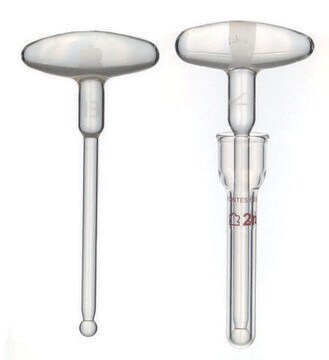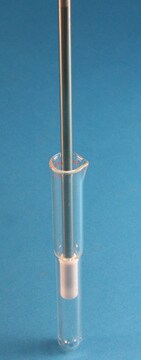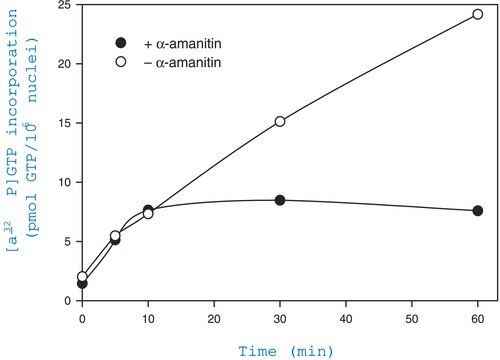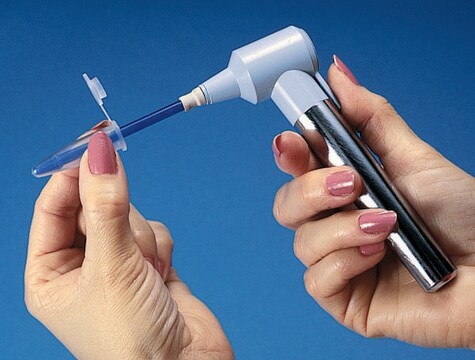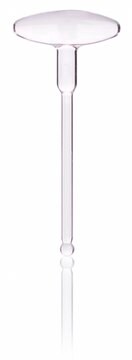D9063
KIMBLE Dounce tissue grinder set
7 mL complete
Synonym(s):
885300-0007, Dounce Tissue Grinder, Tissue Grinder
Sign Into View Organizational & Contract Pricing
All Photos(1)
About This Item
UNSPSC Code:
41121800
NACRES:
NB.22
Recommended Products
material
glass
feature
autoclavable
manufacturer/tradename
Kimble® 885300-0007
pestle A clearance
0.0028-0.0047 in.
pestle B clearance
0.0008-0.0022 in.
working volume × L
7 mL × 125 mm
Looking for similar products? Visit Product Comparison Guide
General description
Designed primarily for cellular work where the nucleus remains intact after homogenization. All-glass construction. Two pestles are supplied with each complete set. Large clearance pestle is used for the initial sample reduction. Small clearance pestle is used to form the final homogenate.
Features and Benefits
• Manufactured from borosilicate glass 3.3• Designed primarily for cellular work where the nucleus remains intact after homogenization.• All-glass construction• Two pestles are supplied with each complete unit• Large clearance pestle is used for the initial sample reduction• Small clearance pestle is used to form the final homogenate• Replacement components are available and completely interchangeable
Legal Information
KIMBLE is a registered trademark of DWK Life Sciences
Choose from one of the most recent versions:
Certificates of Analysis (COA)
Lot/Batch Number
Sorry, we don't have COAs for this product available online at this time.
If you need assistance, please contact Customer Support.
Already Own This Product?
Find documentation for the products that you have recently purchased in the Document Library.
Customers Also Viewed
Guangjun Chang et al.
Oncotarget, 6(36), 38578-38590 (2015-10-27)
Subacute ruminal acidosis (SARA) is known to trigger a systemic inflammatory response that is possibly caused by the translocation of lipopolysaccharides (LPS) from the gastrointestinal tract into the bloodstream. The aim of this study is to investigate this causal relationship
Sai Ma et al.
Science advances, 4(4), eaar8187-eaar8187 (2018-04-21)
Extensive effort is under way to survey the epigenomic landscape of primary ex vivo tissues to establish normal reference data and to discern variation associated with disease. The low abundance of some tissue types and the isolation procedure required to
Dale Bryant et al.
Human molecular genetics, 27(11), 1927-1940 (2018-04-11)
Mutations in SNX14 cause the autosomal recessive cerebellar ataxia 20 (SCAR20). Mutations generally result in loss of protein although several coding region deletions have also been reported. Patient-derived fibroblasts show disrupted autophagy, but the precise function of SNX14 is unknown.
Our team of scientists has experience in all areas of research including Life Science, Material Science, Chemical Synthesis, Chromatography, Analytical and many others.
Contact Technical Service